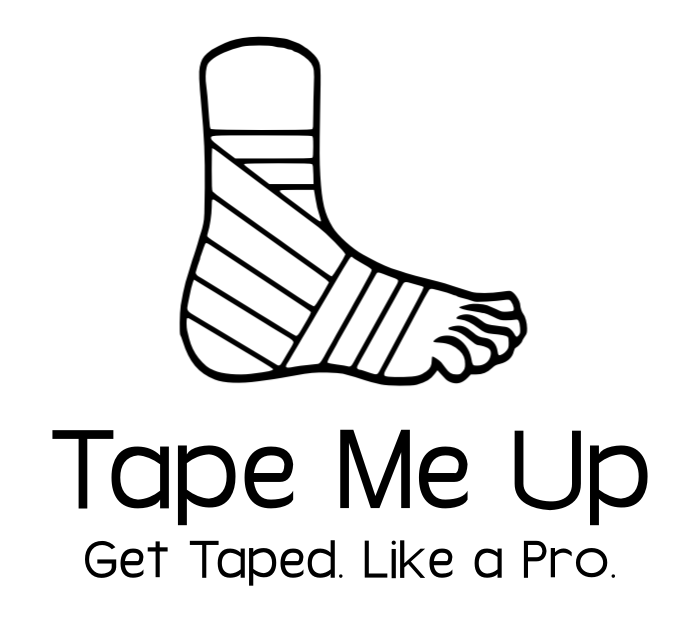
A league built for players
The A7FL is not a novelty. Now in its second decade, it has become a destination for athletes who are not ready to walk away from the game. For players, it is a chance to compete when traditional pathways close. Some arrive with college experience, others bring professional resumes and plenty are men who simply never stopped loving football. The league gives them a stage to prove themselves in a format where toughness and skill matter more than pedigree.
The story goes back to the mid-2000s, when Ryan DePaul created Town Beef, a seven-on-seven circuit that looked more like a backyard contest than a professional league. By 2015, DePaul and co-founder Sener Korkusuz rebranded the competition as the A7FL, concentrated the talent pool and added structure. Today, teams stretch across several states, and championship games attract streaming audiences that prove there is an appetite for something different.
What fans look for
For you as a fan, the appeal works differently. The A7FL is quick to watch, easy to follow and full of momentum swings. Possessions are shorter, plays unfold with fewer players in space and the action rarely drags. That sense of directness is what makes the league stand out in a crowded sporting calendar.
You might even say it works because it mirrors not only what sports fans want but also a fundamental human desire for instant outcomes. The same instinct shapes how you might spend your downtime. If you are looking for fast and simple entertainment, you turn to something accessible, where the rules are clear and the results arrive quickly. That could be a quick mobile puzzle game, a short video clip or keno, the number-picking game that has been played for centuries and is now offered online in fast digital draws. The principle is the same on the field.
The A7FL cuts away barriers and keeps the focus on the contest itself, offering a stripped-back version of football where engagement comes quickly and directly. And that focus on reducing excess applies most of all to safety. The A7FL has built its identity around removing equipment, not adding it, and in doing so, it argues it has made football both simpler and safer.
Why the A7FL calls itself safer
The absence of helmets and pads is the league’s most striking feature. At first glance, it seems reckless, but the A7FL argues it is exactly the opposite. Helmets often give players a false sense of protection, which can make them lead with their heads instead of their shoulders. Without that shield, tackling techniques change. Players use their shoulders, wrap properly and keep their heads out of the contact zone. A study from the University of New Hampshire found that helmetless tackling exercises reduced head impact by nearly 30 percent, which supports the league’s case that removing equipment can positively change behaviour. In short, tackling without helmets comes with a built-in sense of self-preservation.
Other rules also reduce risk. There are no kickoffs, long considered among the most dangerous plays in football. The field is narrower than the NFL standard, which keeps players closer together and limits high-speed collisions. Quarterbacks begin with the ball instead of taking a snap, which cuts out one more moment of potential contact. The result is a version of football that looks raw but often plays out with less violent impact than traditional eleven-on-eleven.
What the game feels like
The differences are obvious as soon as a match begins. The throw off replaces the kickoff, sending three defenders at a lone returner and creating a burst of action right from the start. Because there are fewer players on the field, space opens quickly and mistakes are punished. For spectators, it creates a mix of improvisation and precision. You see athleticism in one moment, then clever tackling form in the next. It is still full contact, but without the crunch of helmets colliding.
A different path for football
In the end, the A7FL raises a question for the wider sport. Can football evolve by removing equipment rather than adding it. For players, it provides a space where skill and resilience are tested every weekend. For fans, it delivers a product that is immediate, entertaining and easy to follow.
What makes the league so compelling is not just the spectacle but the principle behind it. By rethinking how tackles are made and why equipment is used, the A7FL forces the football world to reconsider long-held assumptions.
If a version of the game without helmets can reduce risky behavior while keeping the intensity, then perhaps the future of the sport lies in innovation rather than tradition. The league’s message is simple: sometimes the way forward comes from going back to the basics, and that idea could reshape football more than any rule change or new piece of equipment ever has.


















You must be logged in to post a comment Login